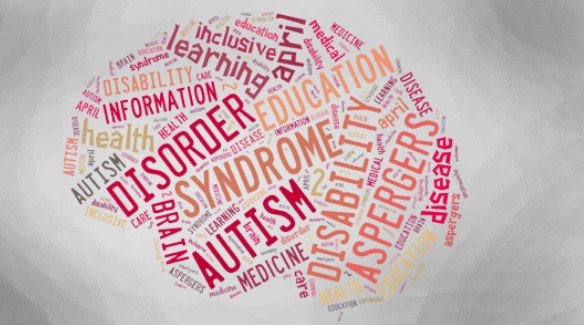3 Trauma-Related Disorders and How To Treat Them

Experiencing a traumatic event can affect a person’s mental health and daily functioning. To know the severity of the condition and offer proper therapeutic treatment, psychotherapists will review a patient’s symptoms and medical history. Here are three trauma-related disorders and ways therapists treat them:
Post-Traumatic Stress Disorder (PTSD)
Also known as PTSD, post-traumatic stress disorder develops after an individual experiences or witnesses an accident, natural disaster, or violence. Such events can trigger someone to feel like they are reliving the moment even long after it has passed. Many people with PTSD experience nightmares related to the traumatic event, making it hard for them to sleep. In some cases, patients may be easily startled, feel anxious, and have difficulty concentrating at school or work. Others with PTSD will sometimes avoid going places, sounds, or situations that remind them of the trauma they encountered.
Reactive Attachment Disorder (RAD)
Kids who experience severe neglect or abuse in their early years may develop reactive attachment disorder. RAD may develop when children in foster care experience frequent changes in caregivers who don’t meet their emotional needs. Several kids with RAD don’t interact with others, fear socializing, and rarely show emotions due to years of negative interactions with others. Due to their early negative experiences, kids might have difficulty trusting others when they become adults. Some children with RAD become aggressive and stubborn as a way to cope with their feelings of fear or insecurity. This can lead to issues at school or with others around them.
Read also: Anavar What Are The Health Benefits Of Anavar 50 mg And How To Use It?
Adjustment Disorders
When someone has trouble coping with a major life change or stressful event, they can develop adjustment disorders. Examples of major events include moving to a new city, losing a job, or going through a divorce. Having this disorder may make them overwhelmed and emotional. Some individuals may feel down, hopeless, or lose interest in things they used to enjoy. Others may engage in risky or reckless behavior. If this condition worsens, some patients isolate themselves from their loved ones and social activities.
How To Treat Them
Mental health specialists use crisis-focused cognitive behavioral therapy to change negative thought patterns and develop healthier coping strategies. Some clinics may refer patients to medication management professionals if they have severe depression, panic attacks, or uncontrollable anger. To help process traumatic memories and reduce their emotional effects, a psychotherapist may use eye movement desensitization and reprocessing techniques.
Attachment-based therapy can help children build a healthy bond with a caregiver. Therapists can suggest that people struggling to adjust to changes in their lives join support groups. Groups are useful for emotional support and working through issues. Some experts may use dialectical behavior therapy to help patients improve their relationships by learning mindfulness and problem-solving skills.
Get Proper Treatment for Trauma-Related Disorders
Whether you have moderate or serious trauma, a mental health professional can determine the root cause. After diagnosis, a professional may suggest therapy or medication depending on the symptoms you exhibit as a patient. To improve your mental health and well-being, call a trusted clinic today to book an appointment.




